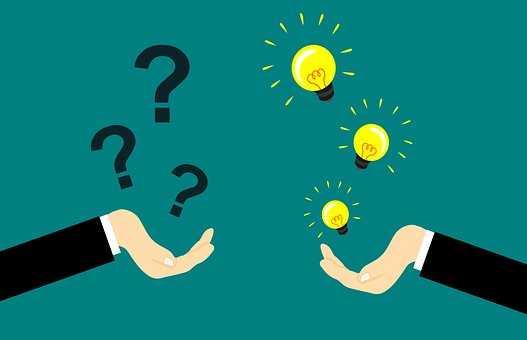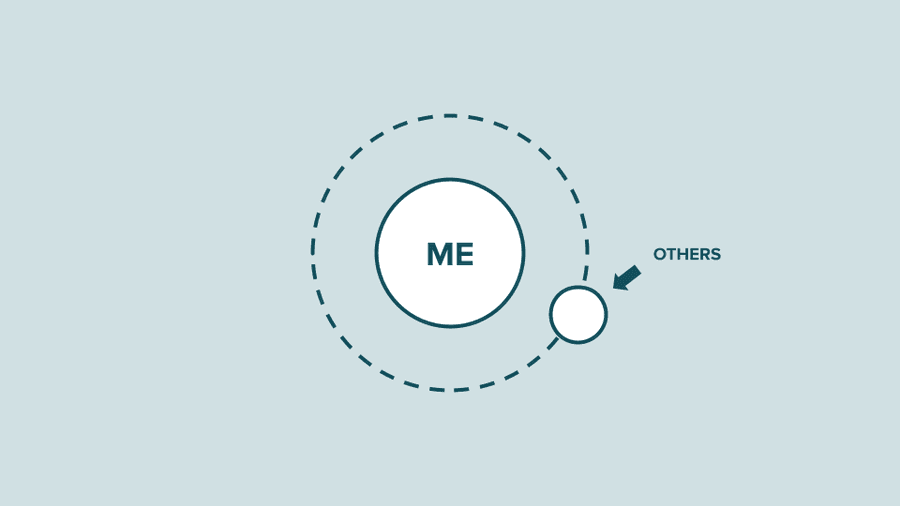Managing the overconfidence bias
- Embrace meta-rationality. Know the limits of your own understanding, know when to consult experts, which experts to defer to, and when to admit that something is impossible for anyone to know.
- Allow for uncertainty. Confident statements seem more promising but are open to hidden risks.
- Seek fingerspitzengefühl, roughly translated as intuitive knowledge. We all have some areas where we have a deep knowledge. We have to learn not to overestimate our own knowledge. To avoid overconfidence bias, learn more about your field of expertise.
- Build in a margin of safety. When an engineer designs a bridge that can support up to 100 cars at a time, they plan to hold a multiple of that amount, 200 or 300, as a margin of safety.
138
475 reads
The idea is part of this collection:
Learn more about personaldevelopment with this collection
Identifying and eliminating unnecessary expenses
How to negotiate better deals
Understanding the importance of saving
Related collections
Similar ideas to Managing the overconfidence bias
Have Margin of Safety
Things don’t always go as planned. You need to have a buffer between what we expect to happen and what could happen. That’s margin of safety.
Engineers build a bridge to sustain more than double its maximum capacity. Investors only choose business they understand so that they can calculate ...
Living in the age o doubt
We live in a time when all scientific knowledge (the safety of fluoride, vaccines, climate change, moon landing, etc.) faces coordinated and vehement resistance.
The access to all sorts of information sources and their own interpretations of what they research made doub...
The egocentric bias
The egocentric bias causes us to think that our own perspectives are more important when considering events, ideas, and beliefs. For example, we tend to overestimate the amount we contributed to a team project.
The bias can make it more challenging to understand o...
Read & Learn
20x Faster
without
deepstash
with
deepstash
with
deepstash
Personalized microlearning
—
100+ Learning Journeys
—
Access to 200,000+ ideas
—
Access to the mobile app
—
Unlimited idea saving
—
—
Unlimited history
—
—
Unlimited listening to ideas
—
—
Downloading & offline access
—
—
Supercharge your mind with one idea per day
Enter your email and spend 1 minute every day to learn something new.
I agree to receive email updates

